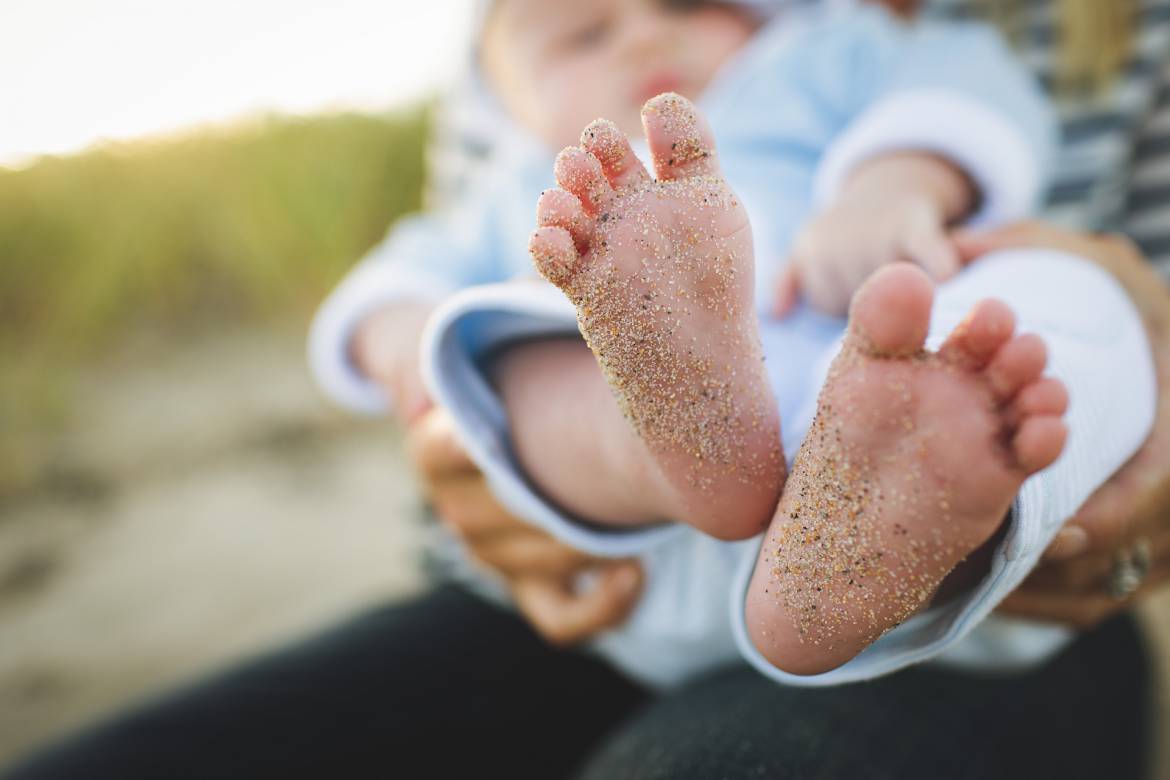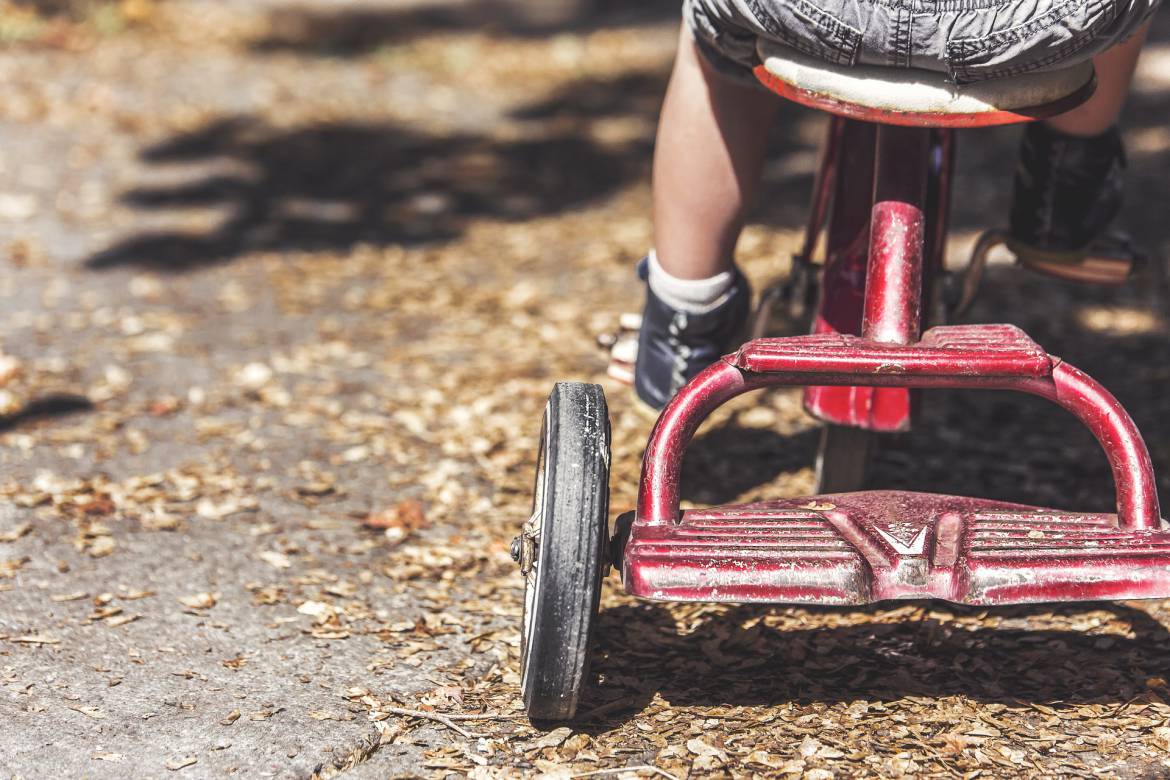The comprehensive campaign to screen the Principality’s occupants continues; first it was the turn of Monegasque citizens and residents and now the same “finger-prick” testing for Coronavirus is going on for those that work in Monaco. Generally, it is voluntary but if everyone were tested there are about forty thousand in each group – for a total of between eighty and ninety thousand overall.
One group among the resident population is being treated with special care – it is the tiny tots between 0 and 5 years old. There are 1.550 in all and out of the first 112 tested at Grimaldi only one tested positive. What a relief for all the parents who at the end of last winter would always have been wondering at the sign of any fever, what it was. Even the one positive case is not yet confirmed for coronavirus until further testing using the nasal PCR test.

All children who will return to the crèches on June 9 will have to be tested to ensure a safe environment for the kids there.
For the very youngest being tested, those typically less than 12 months or so, the test is a “heel-prick” rather than a “finger-prick”. For these tiniest tots the finger is very sensitive. Youngsters can be carriers without any symptoms and medics in other countries have theorized, without definitive proof, they could unwittingly be infecting adults. Hardly the case in Monaco where after all the testing so far the conclusion is the virus only penetrated 2.5% of the population and possibly even fewer of the tiny tots. It is doubtful that the kids were a material avenue for transmitting the disease – and even less probable that they were a main factor.

Depending on the results, a clearer picture will eventually emerge – an investigation of each positive case is necessary in order to know how the virus might have circulated within the family and the community. The parents are doing well explaining the virus and the importance of protecting themselves to their children. And the children are learning a lot from each other all the time as well as from adults. They instinctively learn about illness. They discover it is part of life. They are told there is a virus, that we do not see it and that it is therefore necessary to wash our hands, not to touch certain areas of the body, not to kiss their friends as they used to.
After about 2 years old they are able to understand this, and parents are good at not frightening them as the children learn their place in the community.









